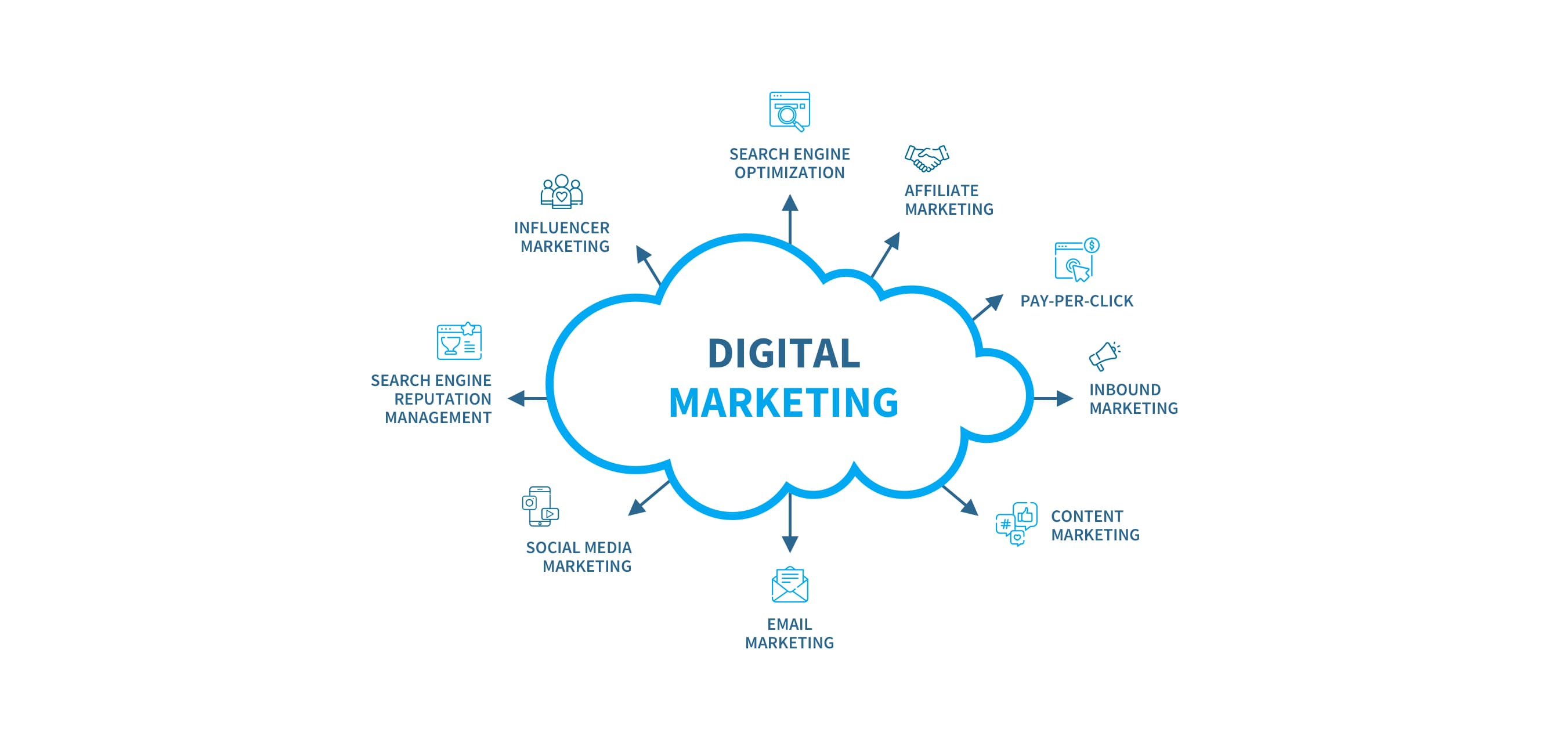CISO Salary in South Africa: Detailed Salary Breakdown & More
The function of the Chief Information Security Officer (CISO) is becoming increasingly important in South Africa as organisations confront growing cyber threats. The CISO is in charge of establishing and implementing an organisation’s information security strategy, which ensures that digital assets are sufficiently safeguarded from breaches and assaults. This executive position entails directing the security architecture, coordinating security operations, & ensuring compliance with applicable requirements. In South Africa, where cybercrime is on the rise, the CISO plays an essential part in protecting sensitive information and retaining customer and stakeholder trust. CISOs play an important role in ensuring the integrity and confidentiality of organisational data by developing strong security frameworks and managing proactive defence actions.
Considering industries such as finance, healthcare, and telecommunications heavily depend on digital infrastructure, the CISO’s strategic control enables businesses to prevent data breaches and respond quickly and efficiently when incidents occur. As cyber threats grow, the position of the CISO is crucial in ensuring South Africa’s digital future. The average Salary of a chief information security officer is R1,286,578 annually or more.
In this article, we will discuss the CISO Salary in South Africa, know the average per month salary, top cities, countries paying salary for CISO, & More.
Average CISO Salary in South Africa
In South Africa the average salary for a Chief Information Security Officer (CISO) is around R1,286,578 per year according to the source PayScale. This figure can vary significantly based on factors such as experience, industry, and the specific responsibilities of the role. High-demand industries like finance and technology tend to offer higher salaries for this critical position.
Per Month CISO Salary in South Africa
The monthly salary for a CISO in South Africa typically ranges from R109,160 to R250,000, according to the source Indeed. This range accounts for varying levels of expertise, with senior professionals earning on the higher end. The significant demand for skilled CISOs due to the increasing cyber threats contributes to these competitive salaries.
Highest-Paying Cities for CISOs
The highest-paying cities for Chief Information Security Officers (CISOs) typically serve as major business and technology hubs. In these urban centres, industries like finance, healthcare, and technology are heavily concentrated, and they require robust cybersecurity measures to defend against sophisticated cyber threats. The high stakes associated with data breaches and regulatory compliance drive organisations to invest heavily in skilled CISOs, leading to substantial compensation packages in these cities. Some of the highest-paying cities, according to Indeed, are as follows:
| Cities | Salary (Monthly) |
| Johannesburg | R120,000 |
| Cape Town | R110,00 |
| Pretoria | R105,000 |
| Durban | R100,00 |
| Port Elizabeth | R95,000 |
Top Companies’ Salary for CISOs in South Africa
Top companies in South Africa recognise the critical importance of cybersecurity and are willing to offer competitive salaries to attract and retain top Chief Information Security Officers (CISOs). These companies understand that investing in highly qualified CISOs is essential for protecting their assets, ensuring regulatory compliance, and maintaining operational integrity in an increasingly digital usage environment. Some of the Top companies, according to GlassDoor are as follows:
| Company | Salary (Monthly) |
| Standard Bank | R200,000 – R250,000 |
| Sasol | R180,000 – R240,000 |
| Naspers | R170,000 – R230,000 |
| Vodacom | R160,000 – R220,000 |
| MTN Group | R150,000 – R210,000 |
Top Countries Paying High Salaries for CISOs
Top countries offering high salaries for Chief Information Security Officers (CISOs) are those with advanced technological infrastructures and a heightened awareness of cybersecurity threats. These countries recognise that highly skilled CISOs are essential for protecting national security, economic stability, and the integrity of critical infrastructure in an increasingly digital world, making significant investments in their cybersecurity leadership. According to Knowledgehut, some of the top countries paying salary for CISO are as follows
| Countries | Salary (Monthly) |
| United States | R350,000 |
| Switzerland | R320,000 |
| Germany | R300,000 |
| United Kingdom | R290,000 |
| Australia | R280,000 |
How to Become a CISO?
Becoming a Chief Information Security Officer (CISO) involves a combination of education, experience, and specialised skills. Start by earning a bachelor’s degree in a relevant field such as computer science, information technology, or cybersecurity. Gain extensive experience in various aspects of information security through roles such as security analyst, security engineer, or security manager. Those interested in the cybersecurity field can also benefit from and advance their skills through the cybersecurity course offered by Digital Regenesys.
Some of the criteria to become a CISO are as follows:
- Educational Foundation: Obtain a bachelor’s degree in computer science, information technology, or cybersecurity. To enhance your qualifications, consider a master’s degree in cybersecurity or a related field.
- Develop Technical Skills: Gain proficiency in areas such as network security, risk management, and information systems.
- Gain Practical Experience: Seek roles in IT security, starting from entry-level positions and progressing to more advanced roles. Participate in internships and relevant cybersecurity projects.
Finally, stay updated with the latest trends and technologies in cybersecurity. This can be achieved through various methods, such as reading news and learning new tools.
Skills Required to Become a CISO
A diverse set of skills is essential to becoming a successful chief information security officer (CISO). First and foremost, a deep understanding of cybersecurity principles and practices is crucial, including expertise in threat analysis, risk management, and incident response. Technical proficiency in areas such as network security, encryption, and firewall management is necessary. Strong leadership and management skills are vital for overseeing security teams and coordinating with other departments.
Some of the key skills for CISO professionals include:
- Leadership
- Risk Management
- Knowledge of Compliance
- Strategic thinking
- Collaboration and teamwork
- Technical Expertise
- Security architecture
- Communication
- Incident Response
- Knowledge on Encryption
In conclusion, the salary of a cybersecurity specialist in South Africa varies widely based on factors such as experience, location, industry, and specific skill sets. As the demand for cybersecurity experts grows and cyber threats become increasingly sophisticated, specialists with advanced skills and certifications are likely to see even higher salary prospects. If you want to excel or upgrade your skills in Cybersecurity, you can join the Digital Regenesys’s Cyber Security course.
FAQs on CISO Salary in South Africa
What is the average salary of a Chief Information Security Officer (CISO)?
The average salary for a CISO in South Africa is approximately R1,286,578 per year. However, this figure can vary depending on factors such as experience, industry, and the specific responsibilities of the role.
How important are communication skills for a CISO?
Excellent communication skills are critical for a CISO. They must be able to articulate complex security strategies and policies to senior executives and non-technical stakeholders, ensuring that everyone understands and supports the security measures in place.
What are the cities with the highest CISOs paying in South Africa?
Johannesburg, Cape Town, and Pretoria are the highest-paying cities for CISOs in South Africa, with monthly salaries ranging from R95,000 to R250,000. These cities have a high demand for cybersecurity professionals due to the concentration of large corporations and financial institutions that require robust security measures.
What role does strategic thinking play in the responsibilities of a CISO?
Strategic thinking is essential for developing and implementing comprehensive security plans that protect an organisation’s assets. A CISO must anticipate potential threats and devise proactive measures to mitigate risks effectively.
Why is knowledge of laws and regulations important for a CISO?
A solid understanding of relevant laws, regulations, and compliance requirements is crucial for a CISO to ensure that the organisation’s security practices align with legal standards and avoid potential legal issues related to data protection and privacy.














